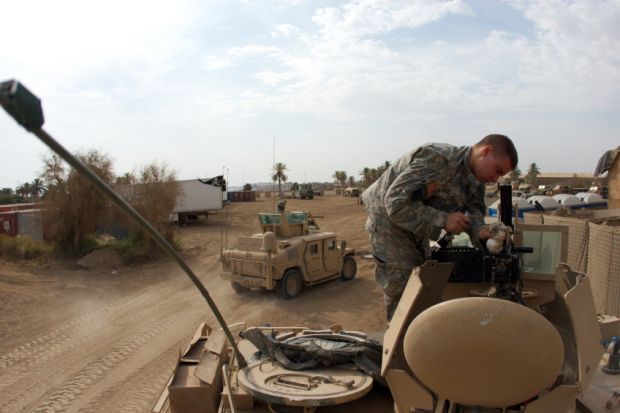Academics from around the world are set to gather at the University of York today to declare a commitment to protect and rebuild higher education shattered by conflict.
The meeting comes in the wake of a string of violent attacks on academic institutions worldwide, most recently in April, when 147 people were killed by al-Shabab militants who attacked Garissa University College in Kenya.
In Iraq, almost 500 academics have been killed and campuses have been looted, burned or destroyed in post-war violence.
The York Accord, launched in partnership with the Brookings Doha Center and the Institute of International Education, is designed to bring together key individuals who have played a major role in drawing attention to the importance of higher education in war-torn countries.
Academics will discuss how to respond to the challenges that higher education faces in conflict-affected countries and will consider how best to contribute to recovery.
Sultan Barakat, director of research at the Brookings Doha Center in Qatar, said that he hopes the accord will lead to a quota agreement, with universities accepting two scholarships a year to support one student and one academic displaced by conflict.
“That’s all it takes to show a degree of solidarity. We would like to set up a structure that helps those universities organise their efforts,” he said.
“Now it is all very ad hoc. A lot of it is driven by the goodwill of individual institutions, but it doesn’t add up to much.”
He added: “My hope is that universities can really stand by those which are affected by conflict in a way that demonstrates an awareness of their circumstances, but also an understanding of the potential that exists for proper and mutual collaboration.”
Koen Lamberts, vice-chancellor of York, said: “The situation is extremely hazardous in many countries. Without a functioning and thriving higher education system, societies cannot progress towards peace and prosperity while entire generations of leadership are lost.”
Jorge Sampaio, former president of Portugal and laureate of the first United Nations Nelson Mandela Prize, will speak at the event about the global efforts to protect and rebuild higher education. He has been leading efforts to rescue Syrian students and place them in universities after the collapse of the country’s education system.
Allan Goodman, president of the Institute of International Education, will also be present, and he will receive an honorary degree from York.
Sansom Milton, a research fellow at York’s Post-war Reconstruction and Development Unit, said: “This meeting is focusing on rebuilding. This is long-term and has a forward-looking element which has been missing in a lot of discussions around higher education and conflict.”
